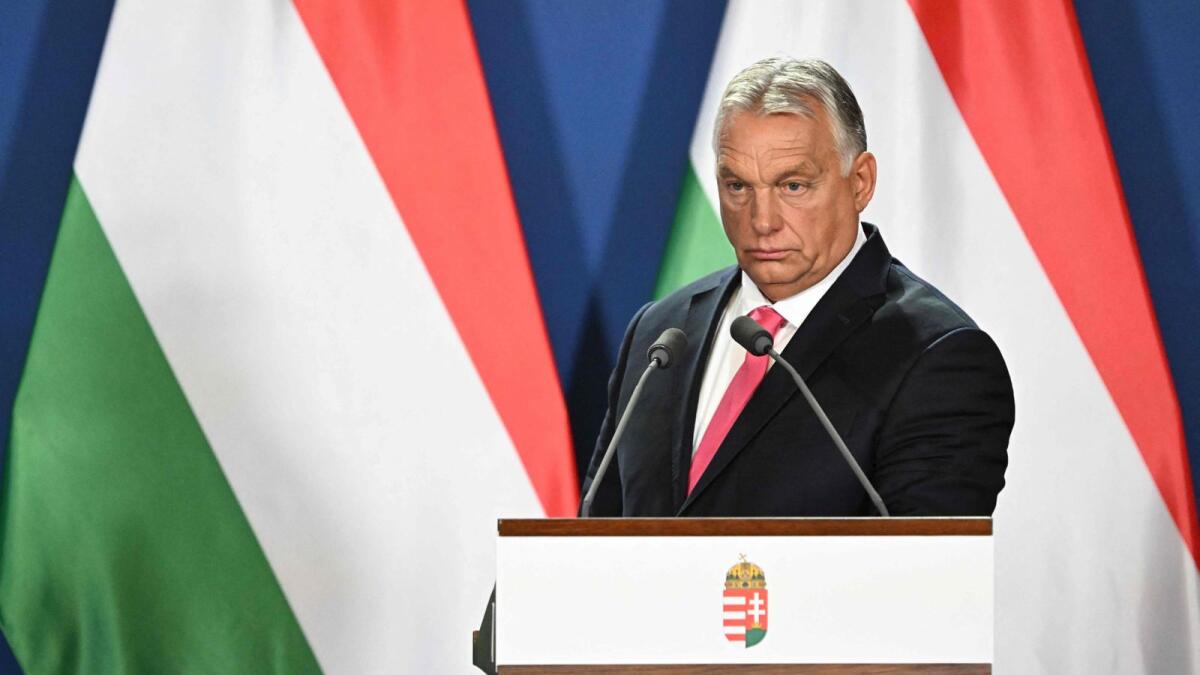Hungary is currently aiming to boost economic growth into the 3 per cent to 6 per cent range next year, according to Prime Minister Viktor Orban. The country’s economy has been struggling to recover from last year’s recession caused by high levels of inflation. The National Bank of Hungary recently reduced its economic growth forecasts for this year and the next, projecting it at 1 per cent to 1.8 per cent and 2.7 per cent to 3.7 per cent, respectively, which is lower than previous estimates.
Orban emphasized the need to increase economic growth into the desired range, stating that Hungary should pursue a disciplined fiscal policy while also doubling tax benefits for families and implementing a capital injection program for small businesses in 2025. Hungary’s budget deficit has been averaging nearly 7 per cent of gross domestic product since the onset of the Covid-19 pandemic, with Moody’s projecting the shortfall to be at 5.5 per cent of GDP this year.
In preparation for a new central bank governor nomination, Orban announced the establishment of a new ministry to oversee the economy and state finances. Finance Minister Mihaly Varga is expected to succeed the former central bank governor, while Economy Minister Marton Nagy is anticipated to take charge of public finances under a merged ministry. However, economist Zoltan Arokszallasi highlighted the potential risk for investors in case of a dovish policy shift that could lead to a significant weakening of the forint and inflation.
The changes in leadership and potential policy shifts could have significant implications for Hungary’s economy and its financial markets. Investors and analysts will closely monitor the actions taken by the new leadership in terms of monetary policy and fiscal discipline. It remains to be seen how these changes will impact Hungary’s economic growth trajectory and overall stability in the coming years.
Overall, Hungary’s efforts to boost economic growth are critical in ensuring a stable and sustainable recovery from the challenges posed by the Covid-19 pandemic and last year’s recession. The government’s focus on fiscal discipline, tax benefits for families, and support for small businesses will play a key role in driving economic growth and stability in the country. As Hungary navigates these challenges, the decisions made by its leadership will be vital in shaping the future trajectory of its economy.










